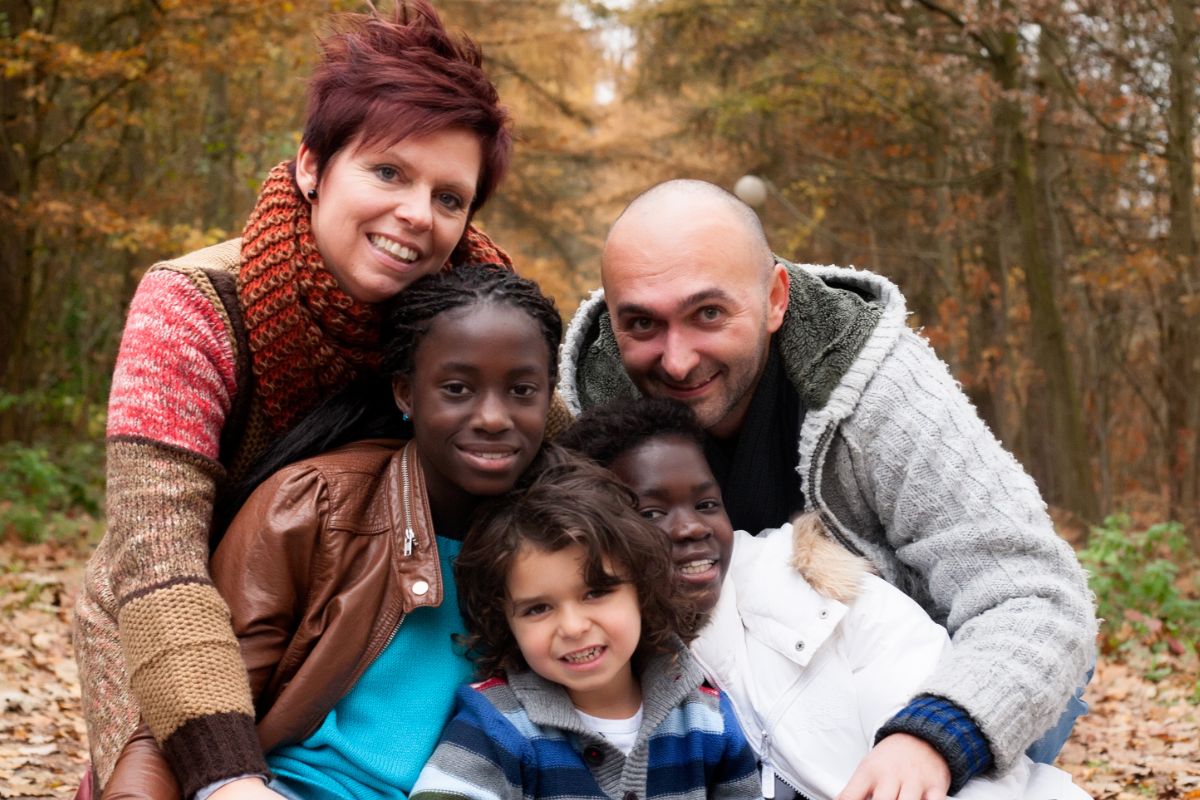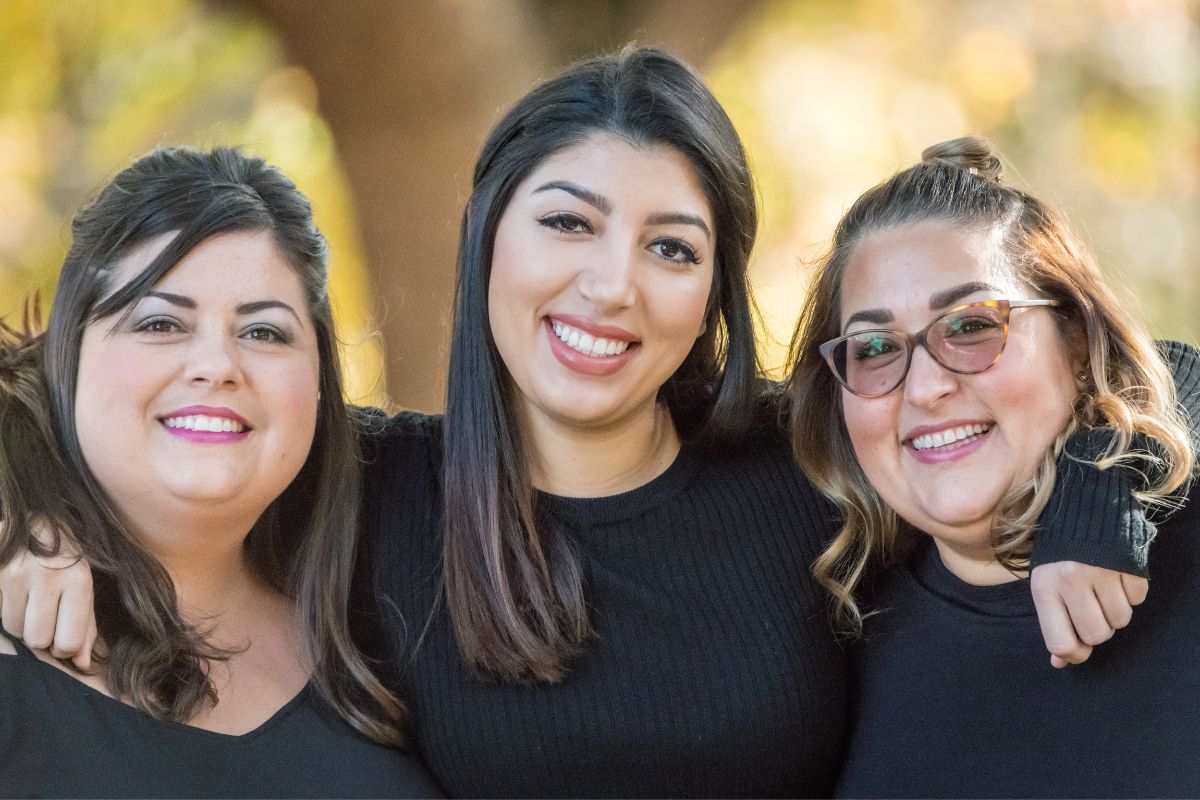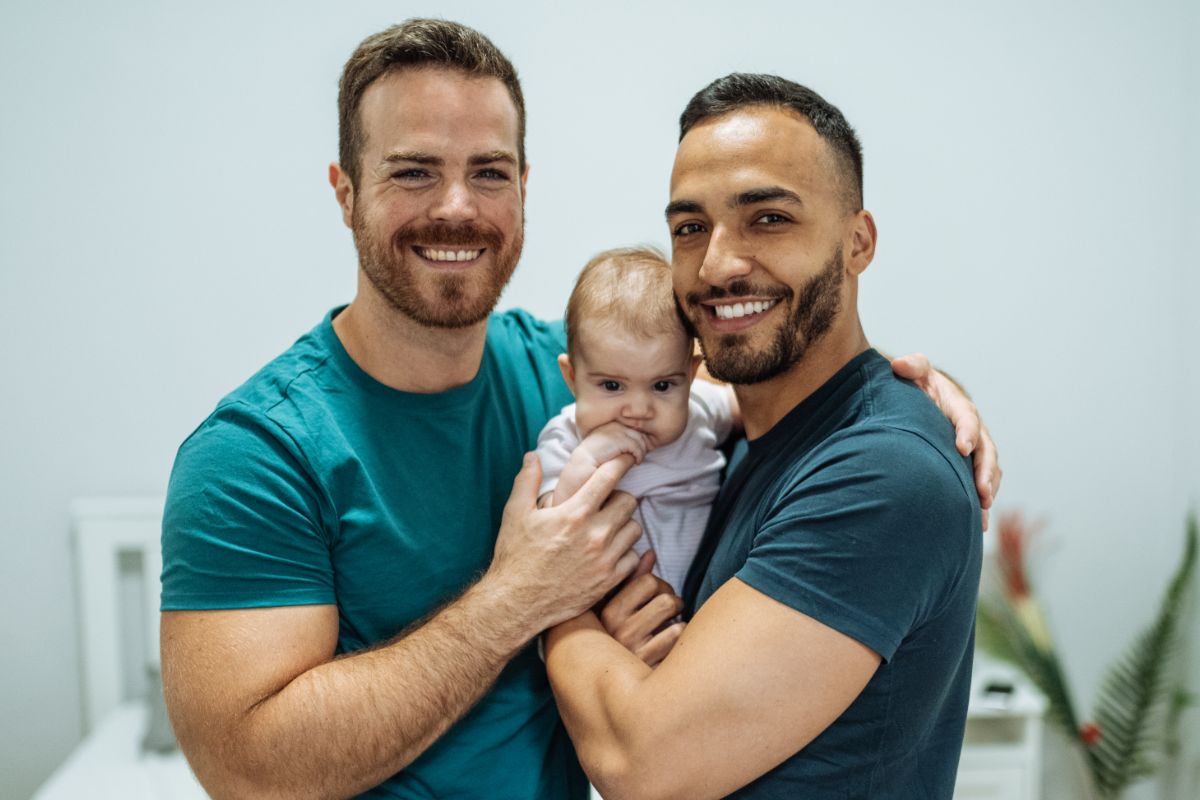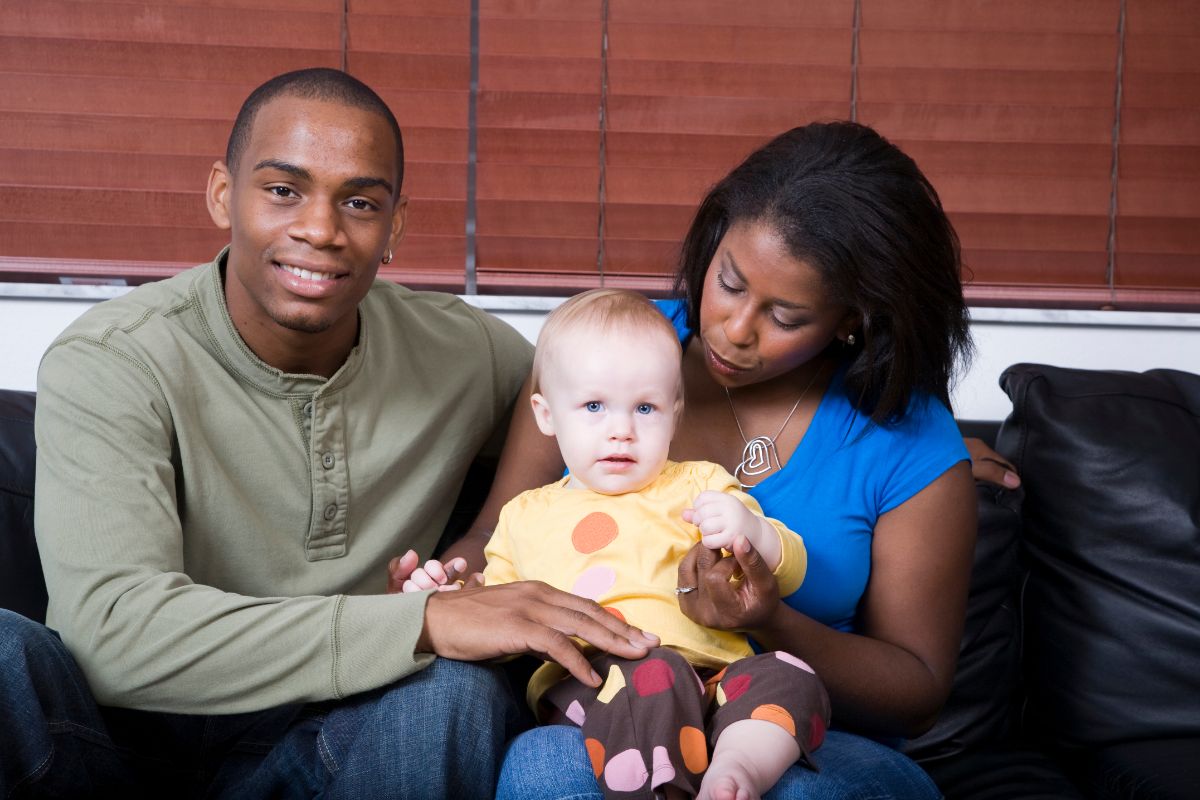If you have been adopted and you want to discover more about your ancestors, then a DNA test is a good place to start. Genetic testing gives you a certain amount of information that you can use to locate your birth mother and biological family.

In this handy guide, we take a look at the best DNA tests for adoptees and what you need to consider when doing a genetic test.
Review Of The Best DNA Tests For Adoptees
Whether you want to find your birth mother or you wish to learn more about your personal genealogy, a DNA test can provide more information about your genetic origins. DNA testing is the first step to connecting with your biological history.
But before you can start your genealogy journey, you’ll need to find a good DNA test that gives you all the information you need to know. We have tested a number of DNA tests for adoptees and here are our best genetic tests for adopted children and adults.
23andMe
Adopted adults can choose between a couple of different DNA testing packs with 23andMe, including the Ancestry only kit and the Health + Ancestry kit.
For adoptees who have a closed adoption, the 23andMe DNA health test kit can provide essential information about your health history based on the markers in your genes.
The 23andMe genetic testing pack allows provides you with a carrier status report that gives you information on whether you are a carrier for inherited conditions, such as sickle cell anemia or cystic fibrosis.
The test also includes wellness reports that give you an insight into any allergies, weight genetic analysis and your deep sleep pattern.
23andMe also adds a traits report that provides more information about the risks of certain character traits or appearance, such as unibrow, male baldness or taste preferences.
Pros
- Different kits available: 23andMe offers two DNA testing kits at different price points, so you can choose the right one for your situation.
- Health history option: The Health + Ancestry kit from 23andMe also includes health reports that let you know if you carry any specific health conditions.
- Extensive reports: The 23andMe DNA test is one of the most extensive tests on the market. It gives you information about a great variety of genetic risks and inclinations.
Cons
- Long wait time for results: We found that the results took around three to four weeks but you can view them directly online once the results are available.
FamilyTreeDNA
FamilyTreeDNA provide various testing levels for genetic adoption tests. In fact, adoptees can even fully customize their DNA tests to match their situation. This can be ideal if you need comprehensive information about your paternal or maternal ancestors.
One of the biggest advantages of FamilyTreeDNA is that adoptees get access to a large community of other adoptees and genetic professionals.
This can help you interact with genetic matches and you might even find your siblings, cousins, family members and other relatives.
Pros
- Customized DNA test: You can easily customize your DNA adoption test to fit your circumstances. This can provide more accurate results and better information.
- Access to group projects: FamilyTreeDNA provides a community that allows you to interact with genetic experts and other adoptees.
- Contact details for genetic matches: If any contact information is available for your genetic matches, then FamilyTreeDNA will give you the email address of your matches.
Cons
- Expensive: As FamilyTreeDNA provides a fully customized DNA testing kit, it’s also more expensive than other adoption genetic tests.
AncestryDNA
Ancestry.com is well known for its large database of family trees but it also has a service for adopted children who are looking for their parents. The results are relatively quick and they are added to the website’s database.
This allows you to create an extensive biological family tree. AncestryDNA also have a visualization tool that makes it easier to see how you are connected with certain family members and DNA matches.
Pros
- Affordable: AncestryDNA is one of the cheapest DNA tests for adoptees on the market.
- Ancestral ethnicities: If you are more interested in your cultural and ethnic background, then AncestryDNA also provides information about your ancestor’s ethnicity.
- Risk assessment of heritable diseases: This adoptee DNA test also provides testers with reports on any increased risks for inherited health conditions.
Cons
- Not strong on health testing: While you receive some details about inherited health conditions, there are other DNA tests that provide more information.
Sequencing.com
Sequencing.com is another DNA testing site with a couple of different genetic testing options. Their Ultimate DNA Test offers adoptees information about their ancestry, fitness, personality, health and wellness.
In comparison, their Ultimate Genome Sequencing service is an addition to the classic DNA test. This test checks your entire genome which means that it gives you even more details about your ancestry and biological parents.
Pros
- A large amount of information: Sequencing.com claim that they provide 50 times more information than other DNA testing kits.
- Reasonable prices: For all the data that you can get with this test kit, it’s good value for money.
- A+ rating on Better Business Bureau: The good rating shows that Sequencing.com handle all data with care.
Cons
- Long waiting time: The results can take up to twelve weeks, especially if you choose their Ultimate Genome Sequencing test.
How Does DNA Testing For Adoptees Work?
Our DNA is a genetic code that is unique to us and our family. Our DNA also includes so-called chromosomal markers that determine possible genetic links with other people.
A DNA testing service will take your DNA sample and compare it with other samples in their database for possible connections. Your DNA adoption results will be able to tell how closely related you are to another person.
The results can identify siblings, cousins and other common ancestors. Some DNA testing companies also provide a health check service that gives you more details about your risk of inherited diseases.
This can be essential if you are an adoptee and you want to know more about your parent’s health history.
How To Choose A DNA Adoption Test?
DNA testing has become more popular in recent years. Many people are looking to find out more about their genetic heritage. This can be especially useful for people who were adopted and want to learn more about their birth parents.
Here are some things that you should know about DNA testing before you buy a test.
Choose The Test With The Right Information
There are hundreds of different DNA testing services. Each test provides different information about your birth mother, birth father and other common ancestors. It’s a good idea to consider first what you want to find out with the DNA test.
If you want to learn more about ancestral health conditions, then make sure to choose a DNA testing brand that provides plenty of health details.
Consider Joining A Community
As most DNA testing companies have a wide variety of DNA samples, they started to create family trees and communities that can exchange their experiences.
A community or forum that allows you to connect with other adoptees can help you find family members and your biological family.
Consider The Pros Of DNA Testing
Before you take a DNA test, make sure that you are fully aware of the advantages of genetic testing and what you want to get out of it. Many adopted adults use DNA tests to gain access to information about their biological relatives.
They can also learn more about their entire family tree and ultimately their biological family’s history. DNA tests can also uncover any hidden health conditions or risks for diseases.
However, one of the biggest advantages of a DNA test for adoptees is that the information can give them a sense of identity.
Understand The Disadvantages Of DNA Tests
While DNA testing has many positive sides, there are also some drawbacks to DNA tests. For example, adoptees may find out information about their biological families that they hadn’t expected or they don’t like.
This can be a big emotional challenge for adopted adults. In addition, adoptees should also consider their birth parent’s right to privacy. These tests don’t allow birth parents to have a say in any information that’s released.
Frequently Asked Questions
Should Adopted People Do A DNA Test?
Adopted adults and children can do a DNA test if they want to know more about their birth parents and their genealogy. Some DNA testing kits for adoptees also provide useful information about inherited health conditions.
Can A DNA Test Tell Me If I Am A Native American?
While a DNA test can give you a rough idea of your ethnic background, DNA tests cannot give individual information about your descent from a specific tribal community.
Final Thoughts
There are a number of different DNA tests for adoptees that you can choose from. Make sure you pick the testing service that gives you all the genetic details you are looking for.
- 10 Best States For Families - March 6, 2023
- Can A White Couple Adopt A Black Baby? - March 1, 2023
- Best DNA Tests For Adoptees - February 28, 2023









